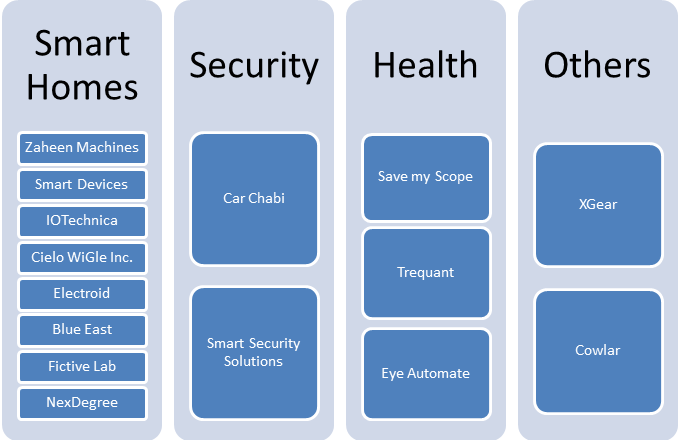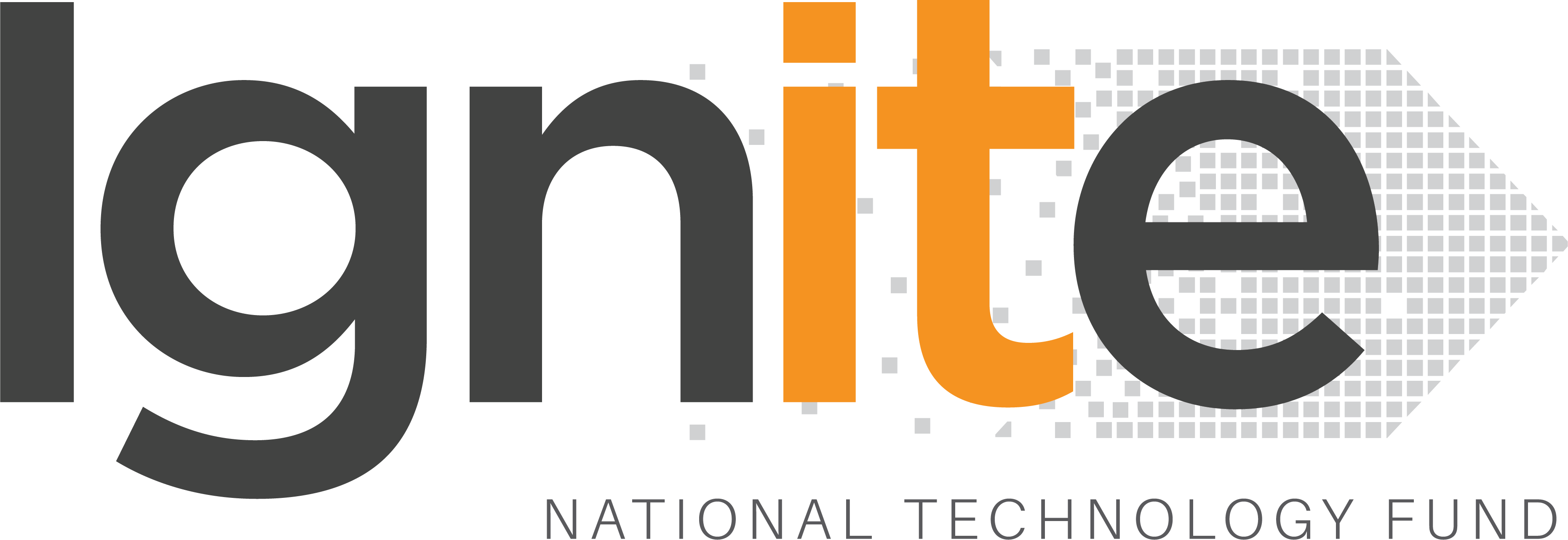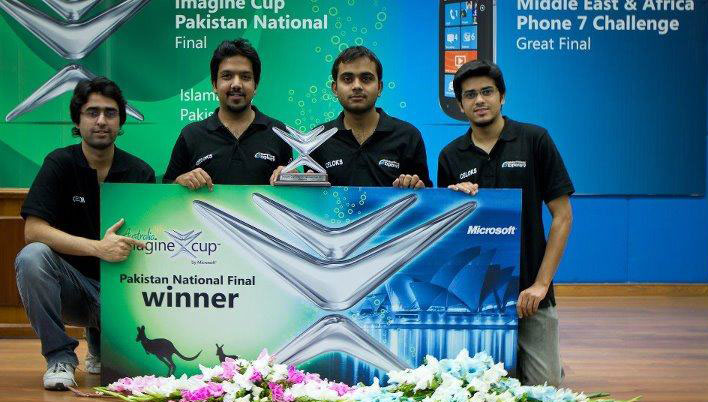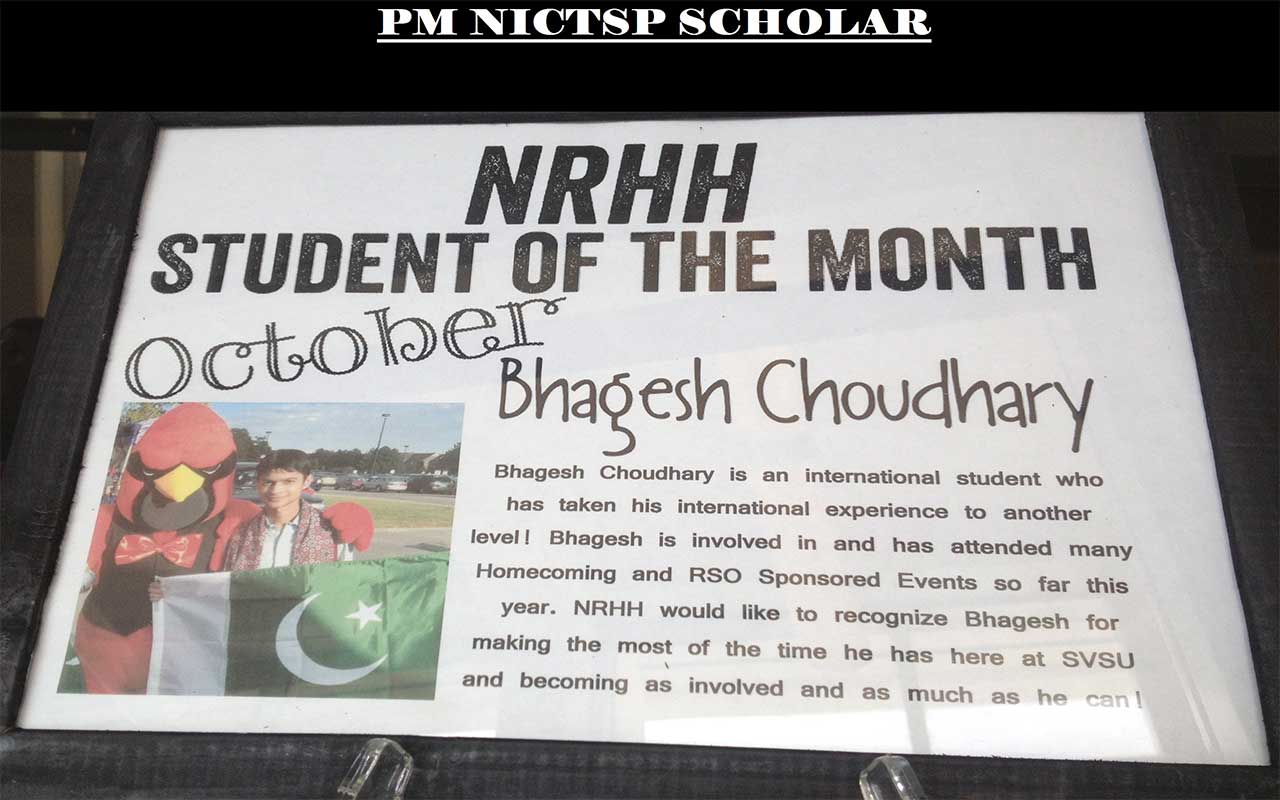When I first heard the term Internet of Things (IoT) a few years back it was a vague concept; one which I felt would not see realization, at least in the near future. The term Internet of Things was coined by Peter T. Lewis in September 1985 in a speech he delivered to the U.S. Federal Communications Commission, so essentially it has been around for 30 plus years but was of little or no use. The term IoT started to appear frequently in technology news and blogs, friends from Silicon Valley initiated discussions or innovation centered around it, and some IoT products were brought to life as well. In my opinion, following are three events that changed my opinion of IoT, at least in the Pakistani context.
Google’s 2014 acquisition of Nest Labs, Inc. (Nest), a company that built intelligence into devices in the home such as thermostats and smoke alarms, for a total purchase price of $3.2 billion in cash.
- Telenor holds Pakistan first IoT Expo in Lahore in 2015. Companies showcased their products in a variety of areas such as energy management, automated security and tracking, biometric verification, smart metering and smart homes.
- Local IoT products started appearing in the market such as Jal Bujh by Zaheen Machines. It was the runner up in P@SHA ICT Awards 2014 within the Sustainability and Environment Category and also a runner up at Global Cleantech Innovation Program 2015 within the Energy Efficiency Category. Zaheen Machines also signed a contract with Sui Northern Gas Pipelines Ltd. (SNGPL) to manufacture 4,500 of its Jal Bujh devices for installation in homes.
Young entrepreneurs were excited by the opportunities that this new field provided (50 billion devices to be connected by 2020 and billions saved through improved efficiency and productivity) and launched startups on their own or incubated these at Plan9, NEST i/o, i2i etc. Following are some of the companies that have been launched so far (also includes two IoT research groups from academia).
Zaheen Machines: Zaheen Machines’ first product named Jal Bujh saves natural gas that is typically wasted in legacy water heaters largely because of poor thermal insulation and a thermostat design that dates back to 1960s. The device works with standard household gas heaters and allows the temperature to be controlled intelligently such that the geysers are operational only when they are required and otherwise go into a sleep mode (DotZero, P@SHA, UNIDO).
Smart Devices: Smart Devices is one of the first startups in Pakistan to jump on the Internet of Things bandwagon. It also won the very first IoT award in Smart Home Category at Telenor’s IoT expo for its relatively inexpensive IoT devices. Smart Devices’ products let you control any electrical appliance remotely from anywhere around the globe, be it a fan, a light, air conditioner, water motors, etc. Basically, any device can be converted into a Wi-Fi connected smart device with the help of a smart switchboard (Plan9, PlanX).
XGear: XGear helps you keeping your vehicle in top notch condition by providing behavior analysis using engine data. The data gathered, is able to identify your driving style and efficiency rate of the car. In addition to this, extracting and sharing insights with the car owner to improve driving habits, XGear also helps save on fuel, and extend the life of the car. The company is currently working to develop a social gaming experience on top of the technology (Plan9, Indiegogo).
Cowlar: Cowlar is an interesting, startup to come out of Pakistan. Its main focus is on a smart collar for cows, also called Cowlar. It is a waterproof, durable smart collar that transmits data to a solar powered base within a 4 km range. It is then further transmitted to the cloud via cell tower and is used for tracking temperature, measuring unusual signs and symptoms, detecting and notifying of heat cycles (TiE Pakistan Startup Cup).
IOTechnica: IOTechnica is designing products based on IoT (Internet of Things) that will provide quick access to all things tech around you it can even make your plant talk to you wirelessly when it feels thirsty (Nest i/o).
Save my Scope: Save My Scope is visually advancing the future of healthcare, through an innovative endoscope adapter and HIPAA compliant iOS application. This will allow otolaryngologists to perform and record laryngoscopy examinations anywhere, leading to improved patient care (Nest i/o).
Trequant: Trequant was a Bioinformatics Company devoting their time solely to neurological movement disorders. They are dealing primarily in the field of fitness wearables that help determine, differentiate, diagnose and track your treatment (Nest i/o).
Eye-Automate: Eye-Automate is a company in the IoT domain formed by students from Superior University. Eye-Automate uses eye tracking to navigate a menu on the screen, to help the handicapped in controlling things like wheelchairs, home lighting etc. They recently were the winners of ERUPT competition organized by PITB in Lahore, where 200 startups participated (Plan9).
Cielo WiGle Inc: Cielo WiGle offers complete smart home product basket with energy measurement in each device category. The devices include smart outlets, switches, dimmers, light adapters and air conditioner controllers. All devices are WiFi enabled and eliminate the need for any extra hubs making it an affordable option. The company plans on integrating Green Button Data with smartphone apps to enable users to smartly control their home appliances and enabling them in energy & money savings (undisclosed Seattle based VC).
Electroid: Electroid works to bring efficiency in electricity consumption for households. It offers a device that is connected with a mobile application using WiFi and remote GSM. The device includes an AI-based planning and scheduling mechanism that enables the consumer to know monthly consumption of the household in advance and plan accordingly (NetSol NSPIRE).
BlueEast: This is a newly found technology company focusing on home appliance monitoring and control. While the company is currently working with other manufacturers to develop products, it is also simultaneously pursuing to launch consumer products on its own in near future (Orient Group of Companies).
Fictive Lab: Fictive Lab bridges the gap between physical and digital world through smart connected devices such as Wattie. What Wattie does is to simply connect to your electricity meters and then shows you a detailed breakdown of how much energy you are using through electronic appliances. All the data collected from Wattie is sent to a nifty little mobile app that is installed on a mobile phone. From there on one can manage electricity consumption at home and save on bills (LCE).
Car Chabi: Car Chabi is a smartphone application accompanied by a hardware unit that allows you to control your car via your Smart Phone. The current version operates using a Bluetooth connection (with a range of 300 feet) but the company is working on connecting the device to the Internet in order to make it a true IoT device (PlanX).
Smart Security Solutions: Smart Security Solutions is an IoT company that develops hardware and software products to improve and enhance security, starting with cars. According to estimates 11,000 cars are stolen in Pakistan each year, accounting to a loss of over PKR 1 billion. The solution that the company provides links the car to your smart phone so that you can only enter the car if you have a predetermined PIN code (Invest2Innovate).
NexDegree: Project Roshni has created a device and an algorithm that will allow residential and industrial users to cost-effectively see how they consume electrical power in their respective facilities and enable users to detect inefficient appliances and alter behavior to save power and cost (UNIDO).
Sysnet Research Lab: The System and Networking Research Lab (SysNet) at LUMS covers a wide range of systems research from both the CS and EE domain. The lab research initiatives range from pervasive computing systems, such as wireless sensor networks (WSN) and internet-of-things (IoT), to large scale distributed networks (LUMS).
IoT Lab: Internet of Things lab at Al-Khawrizmi Institute of Computer Science (KICS) focuses in research and development activities in the areas of Wireless Sensor Networks (WSN), Internet of things (IoT) and Software Defined Networks (SDN). Comprising 3 PhDs and over 15 full-time research associates and undergraduate and postgraduate interns, the lab is involved in developing IEEE 802.15.4/802.11 compliant wireless sensor/camera node, designing and implementing communication protocols and architecture, and developing various applications (UET Lahore)

Figure: IoT related startups that have been launched in Pakistan
Bottom Line:
So far, smart homes seems to be an area of greater interest as far as local product or application development is concerned, whereas focus on other areas such as health, transport, urban planning and smart industries is rather limited. Being an energy starved country, home automation is no doubt an immediate need, but if we are to use technology at a massive scale, other verticals will have to be explored and encouraged into.
In this regard the work of Save my Scope seems to be most promising in Health vertical and Smart Security Solutions and Car Chabi in the Security domain.



